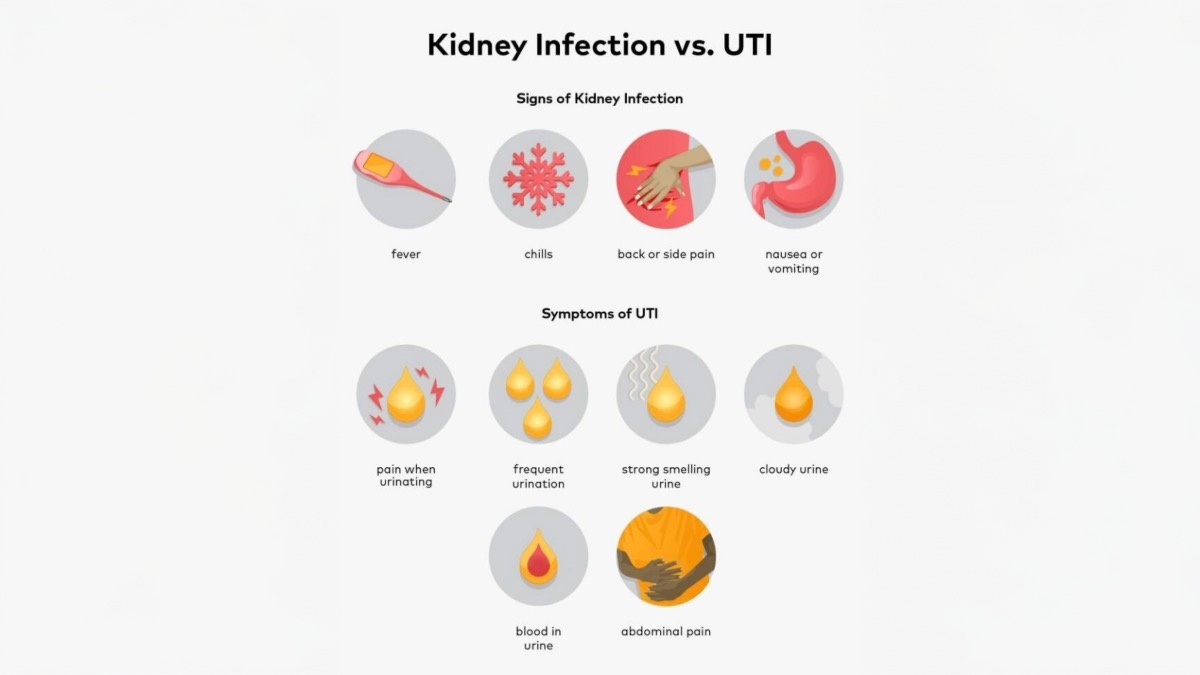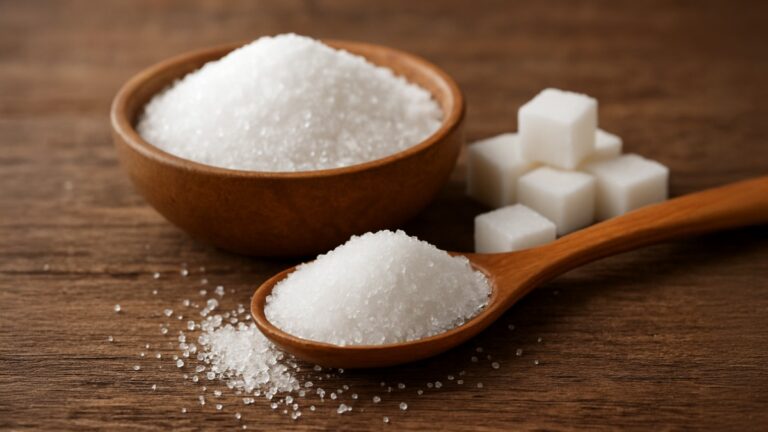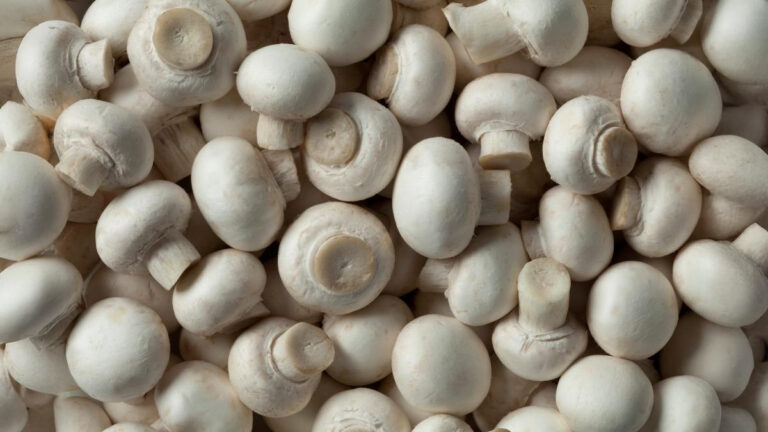Kidney swelling symptoms in urine: Kidneys are among the most vital organs in the human body, responsible for filtering waste and excess fluids from the blood. But when inflammation affects one or both kidneys—a condition medically known as nephritis or kidney swelling—it can lead to serious health complications. One of the earliest and most important indicators of kidney issues is a change in the nature of urine.Kidney swelling symptoms in urine Ignoring these early signs can result in chronic kidney disease, kidney failure, or other life-threatening complications.
In this article, we’ll explore the key symptoms that may appear in your urine when your kidneys are inflamed, why these symptoms occur, and why timely medical attention is crucial.
What Is Kidney Swelling?
Kidney swelling, or nephritis, is a condition where the kidneys become inflamed due to infection, autoimmune diseases, or other underlying health issues. Kidney swelling symptoms in urine, The inflammation disrupts the normal filtering process of the kidneys, allowing protein, blood, and waste products to leak into the urine.
There are different types of nephritis, such as
- Glomerulonephritis – inflammation of the glomeruli (filtering units of the kidney)
- Interstitial nephritis – inflammation in the spaces between kidney tubules
- Pyelonephritis – a bacterial infection causing inflammation in the kidneys
Regardless of the type, early detection is essential for effective treatment.
Urine Symptoms That May Signal Kidney Swelling
Changes in urine can be the first visible sign that something is wrong with your kidneys. Here are some important symptoms to watch for:
1. Blood in the Urine (Hematuria)
One of the most alarming signs of kidney inflammation is the presence of blood in the urine. It may appear pink, red, or brown like cola. This happens when inflamed kidneys allow red blood cells to pass into the urine.
2. Foamy or Bubbly Urine
Excessive foam in urine can indicate high levels of protein, which is not normal. When kidneys are swollen or damaged, they may leak protein (albumin) into the urine—a condition known as proteinuria.
3. Dark or Cloudy Urine
Kidney inflammation can lead to the excretion of waste and damaged cells in the urine, making it appear darker or cloudy.
4. Strong or Unusual Odor
An unusually strong or foul smell in urine may point to an infection or buildup of waste products due to impaired kidney function.
5. Frequent Urination, Especially at Night (Nocturia)
Swollen kidneys may disrupt the body’s fluid regulation, causing increased urination—especially during nighttime.
6. Pain or Burning During Urination
While commonly associated with urinary tract infections (UTIs), this can also be a sign of kidney issues, particularly if accompanied by other symptoms like fever or back pain.
Additional Symptoms Accompanying Urine Changes
Kidney swelling may also be accompanied by
- Swelling in ankles, feet, or face due to fluid retention
- Pain in the lower back or sides
- Fatigue or weakness
- High blood pressure
- Fever and chills (in case of infection)
If any combination of these symptoms occurs alongside changes in urine, it’s a strong signal to consult a doctor immediately.
What Causes Kidney Swelling?
Kidney inflammation can be triggered by various factors:
- Bacterial Infections (e.g., urinary tract or kidney infections)
- Autoimmune Disorders (e.g., lupus)
- Use of certain medications, such as NSAIDs or antibiotics
- Toxins and heavy metals
- Uncontrolled high blood pressure or diabetes
When to See a Doctor
If you notice any of the above symptoms in your urine for more than a day or two—especially blood, foam, or significant changes in frequency—it’s essential to seek medical attention. Early diagnosis can prevent permanent damage and allow for more effective treatment.
Doctors may recommend
- Urine tests (to check for protein, blood, or bacteria)
- Blood tests (to assess kidney function)
- Ultrasound or CT scan (to detect swelling or obstructions)
- Kidney biopsy (in rare cases for a definitive diagnosis)
Prevention and Care
While not all causes of kidney inflammation are preventable, you can reduce your risk by:
- Drinking plenty of water
- Avoiding overuse of painkillers and antibiotics
- Managing blood pressure and blood sugar levels
- Eating a kidney-friendly diet (low in salt, processed foods, and animal protein)
- Regular health checkups, especially if you have a family history of kidney disease
Kidney swelling symptoms in urine, Kidney swelling is not something to take lightly. Changes in your urine are often the body’s first way of signaling that the kidneys are in distress. By recognizing the symptoms early—like blood, foam, unusual color, or pain while urinating—you give yourself the best chance for a full recovery.
Don’t ignore the signs. Listen to your body and visit a healthcare professional as soon as you suspect something is wrong.Kidney swelling symptoms in urine Your kidneys work hard every day to keep your body clean and balanced—make sure you’re doing your part to protect them.
(Disclaimer: The information given here is based on general information. Before adopting it, definitely take medical advice. THE MONK does not confirm this.)







































